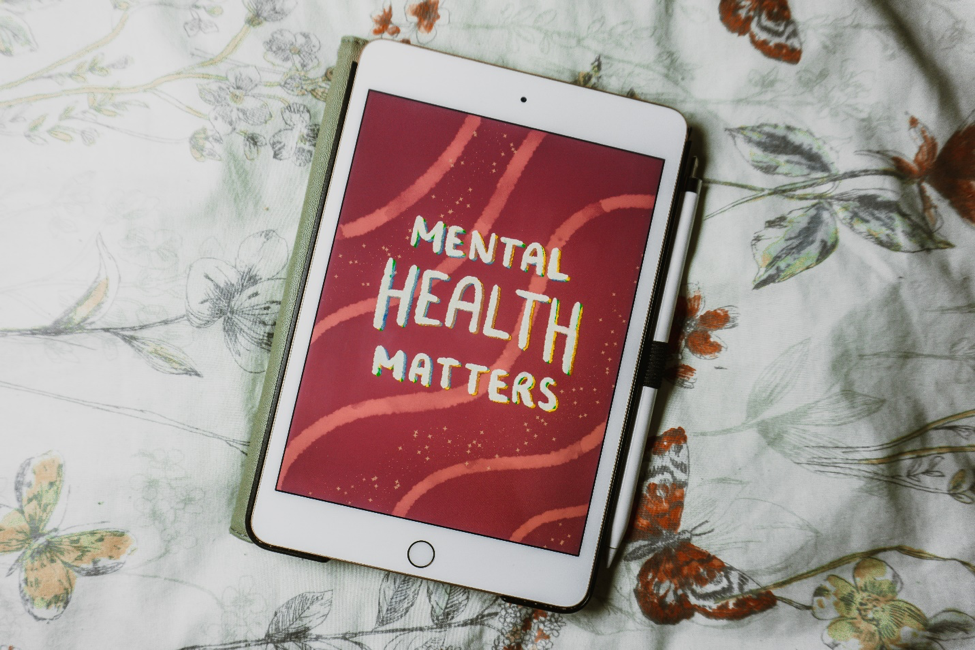By Alyson Dudley, MSW, RSW
The Tokyo Olympics prompted many worldwide discussions, most notably about Covid-19 and whether the Olympics should be happening at all due to health and safety concerns. Unexpectedly, another topic came up during the Olympics: mental health.
I must admit I didn’t watch as much of the competition as I wanted, however I have been glued to the conversation surrounding mental health. Mental health was brought to the forefront of Olympic discussion when gymnastics superstar Simone Biles decided to not compete in all of her events in order to focus on her own mental health. This led to an outpouring of support, but also much criticism, with many critics suggesting that Simone let her country down and should have pushed through her difficulties.
Similarly, earlier this year, tennis star Naomi Osaka withdrew from the French Open in order to protect her own mental health. She has also received criticism for this as well as for her recent loss at the Olympics.
Michael Phelps, the most decorated Olympian of all time, revealed in 2018 that he has struggled with depression and ADHD. Closer to home, Canadian Olympic star Clara Hughes, has spoken openly about years spent trying to cope with depression. With the incredible pressure put on athletes to perform while being closely scrutinized by the media and public alike, it is not surprising that many suffer from mental health difficulties.
The athletes mentioned above have courageously spoken about their struggles in public. Although in recent years there has been less stigma and more conversations about and acceptance of mental health difficulties, there still remain many harmful and invalidating responses. There is an expectation at times that those who suffer from mental health difficulties should push through while keeping silent about what they are experiencing. Many who struggle with mental health difficulties are reluctant to seek out treatment or discuss with friends or family out of fear of how others will react.
As we move toward more conversations, more acceptance and more treatment options for mental health difficulties, there is hope for more people to be able to be able to openly discuss their struggles when and if they feel comfortable and to then receive validation and support.

If you are struggling with your mental health there are many options available for support, including:
- online supportive apps and websites
- community and private therapy services
- medications
- mindfulness practice
- physical health and wellness
- and much more
Athletes are celebrated for their hard work and perseverance regarding their involvement with sport, however the athletes mentioned above can also be celebrated for their courage in continuing the conversation about mental health and helping to facilitate change.
Images
Pixabay. (2016). Olympic Symbol Landmark. Pexels. https://www.pexels.com/photo/city-dawn-dusk-night-236937/
Underworld, E. (2021). Mental Health Matters iPad Lettering Quote. Unsplash. https://unsplash.com/photos/Ko3EMBFggok